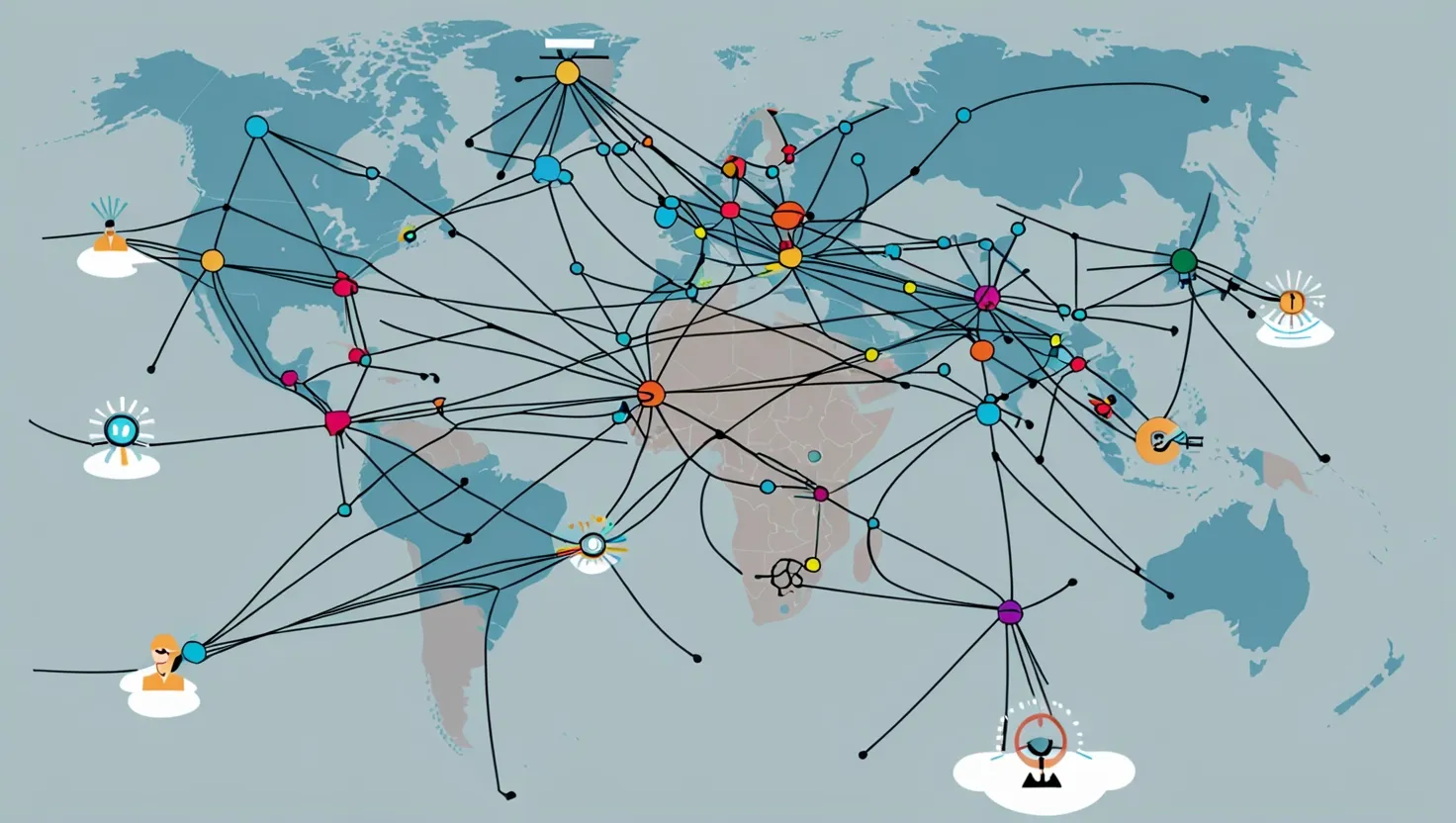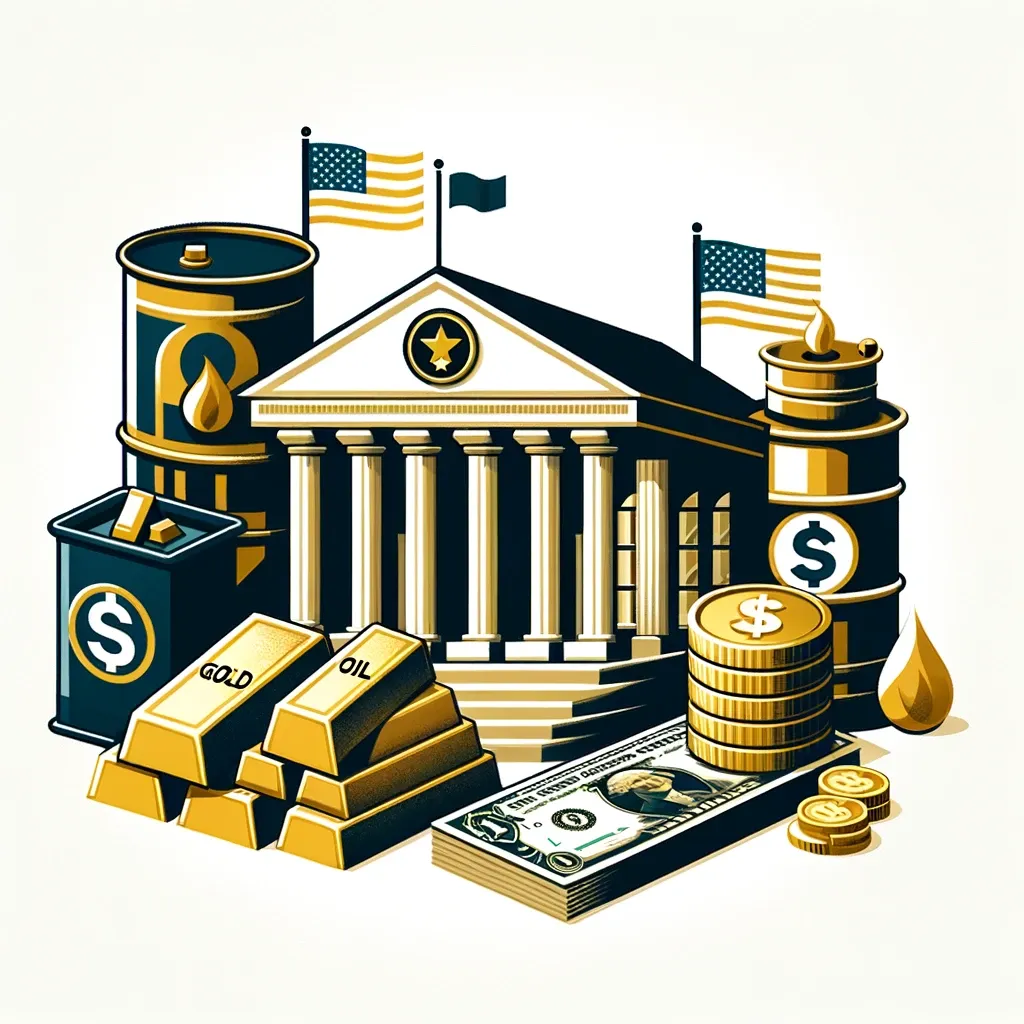When it comes to managing our finances, we often focus on the numbers, the budgets, and the investment strategies. However, there is a more personal and profound way to approach financial health: through the power of storytelling. Writing your own financial memoir can be a transformative process that helps you understand your relationship with money on a deeper level.
Imagine sitting down with a blank notebook or opening a new document on your computer, ready to chronicle your entire financial journey. This isn't just about listing your income and expenses; it's about exploring the emotional, psychological, and social aspects of your money story. From your earliest memories of money to your current financial situation, every detail is crucial.
Start by reflecting on your childhood. How did your parents handle money? Were there times of financial stress or abundance? These early experiences often shape our attitudes toward money in ways we may not even realize. For instance, if you grew up in a household where money was always tight, you might have a tendency to be overly frugal or anxious about spending. On the other hand, if you were raised in a family where money was plentiful, you might have a more carefree attitude toward spending, but also risk being less mindful of your financial decisions.
As you move through your financial memoir, document significant milestones. Did you get your first job at 16 and start saving for college? Did you take out student loans and struggle to pay them back? Each of these events is a piece of your financial puzzle. Writing about them helps you see patterns and triggers that you might not have noticed before. For example, you might realize that every time you receive a bonus, you immediately spend it on something luxurious, or that you tend to overspend when you're stressed.
Identifying these patterns is key to making better financial decisions. By understanding why you make certain choices, you can begin to change them. If you notice that you always splurge after a stressful week, you might decide to find other ways to manage stress, such as exercise or meditation, rather than shopping.
Your financial memoir is also a place to reflect on your successes. Celebrate the times you made smart financial decisions, like saving for a down payment on a house or investing wisely. These successes can serve as motivation and reminders of your financial capabilities.
One of the most powerful aspects of this process is how it enhances your self-awareness. When you see your financial journey laid out before you, you gain a clearer understanding of your money mindset. You might discover that certain beliefs or habits are holding you back from achieving your financial goals. For example, if you've always believed that you're not good with money because of past mistakes, writing your memoir can help you see that those mistakes were learning experiences and that you've grown since then.
This reflective practice is not just about the past; it's also about shaping your future. By using your financial narrative, you can set more intentional and informed financial goals. If you've always dreamed of retiring early, your memoir can help you identify the steps you need to take to get there. It can also help you avoid repeating past mistakes and make more conscious spending decisions.
To make this process even more effective, incorporate guided exercises into your writing. For instance, you might write about a specific financial decision you regret and what you would do differently if faced with the same situation again. Another exercise could be to imagine your ideal financial future and then break down the steps you need to take to achieve it.
Real-life examples can also be incredibly insightful. Think about friends or family members who have managed their finances well. What strategies did they use? How did they overcome financial challenges? Incorporating these stories into your memoir can provide valuable lessons and inspiration.
In addition to personal reflections, consider the broader societal and cultural factors that influence your financial decisions. For example, if you're part of a community where saving is highly valued, you might find it easier to prioritize saving. On the other hand, if you're in an environment where spending is encouraged, you might need to work harder to stay on track with your financial goals.
The act of writing your financial memoir is therapeutic in itself. It allows you to process your emotions and thoughts about money in a safe and private space. This can be particularly helpful during times of financial stress, as it provides a way to clarify your thoughts and gain perspective.
Ultimately, your financial memoir is a tool for empowerment. By understanding your past, you can shape a more positive and purposeful financial future. It's a journey of self-discovery that goes beyond just managing your money; it's about understanding yourself and making choices that align with your values and goals.
So, take the time to sit down and start writing. Your financial memoir is waiting to be told, and the insights you gain from this process could be the key to a more financially stable, intentional, and fulfilling life.






